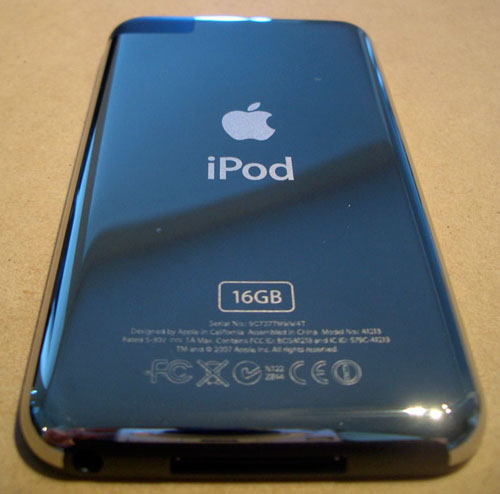Rock and Roll
Not so long ago, musicians could easily maintain a “no videotaping” policy in venues. The technology components necessary to secretly capture high-quality footage were extremely large and therefore easy for security to spot. While a few bootleggers inevitably prevailed—typically with inferior footage—distribution also remained a serious challenge. Since bootlegs had to be physically provided on videotape, there was a risk of discovery. Customers or traders had to be tenacious and work their contacts to even locate bootlegs.
As audiovisual technology grew smaller and more ubiquitous, there was no longer any way to keep high-quality bootlegs from emerging. It’s now possible to take large amounts of beautiful 720p footage from a device that fits in the palm of your hand and will not be confiscated by the security at any venue: your cell phone. By the time the band is on the road to the next show, that footage can be making the rounds on equally ubiquitous social networks around the world, available to anyone able to perform a Google search and click “play.”
The entire culture of concert bootlegging, up to and including the attitudes of musicians and record labels regarding fan recordings, changed solely due to the advent of tiny, ubiquitous technology. (For an excellent example of just how far this has gone, check out thisoneisonus.) Could our culture’s perspectives on sexuality be due for a similar tech-driven revolution?
As audiovisual technology grew smaller and more ubiquitous, there was no longer any way to keep high-quality bootlegs from emerging. It’s now possible to take large amounts of beautiful 720p footage from a device that fits in the palm of your hand and will not be confiscated by the security at any venue: your cell phone. By the time the band is on the road to the next show, that footage can be making the rounds on equally ubiquitous social networks around the world, available to anyone able to perform a Google search and click “play.”
The entire culture of concert bootlegging, up to and including the attitudes of musicians and record labels regarding fan recordings, changed solely due to the advent of tiny, ubiquitous technology. (For an excellent example of just how far this has gone, check out thisoneisonus.) Could our culture’s perspectives on sexuality be due for a similar tech-driven revolution?





Comments